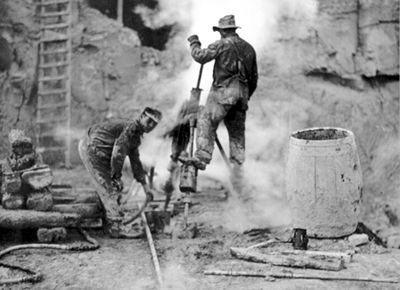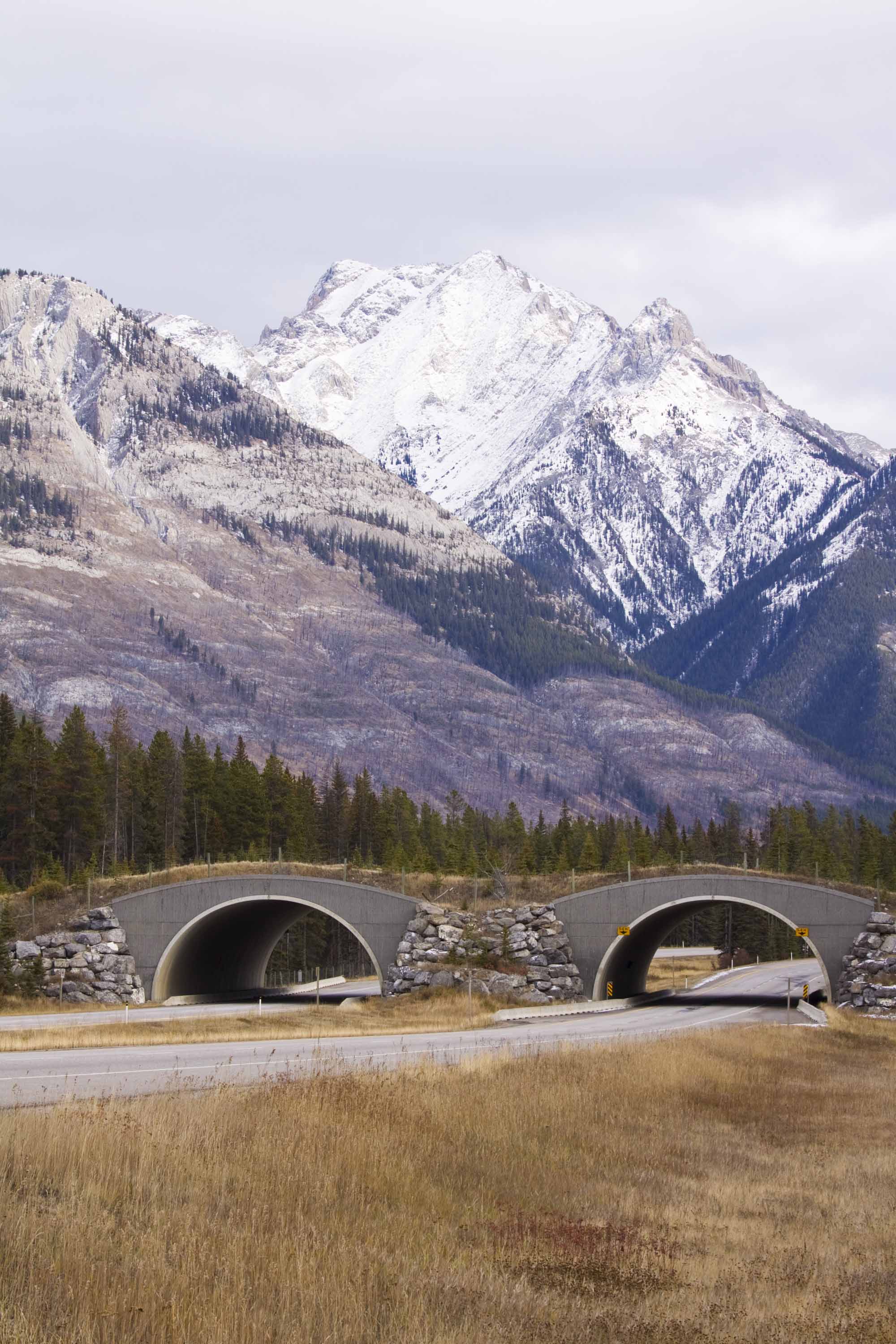Browse "Politics & Law"
-
Article
Employment Law
Employment law in Canada generally refers to the law governing the relationship of an individual employee to an employer, as distinguished from labour law, the law of unionized collective bargaining relationships. Employment law includes both the common, or judge-made, law of "master and servant," which is concerned mainly with wrongful dismissal, and a complex mass of statute law dealing with minimum labour standards, human rights, occupational health and safety and workers' compensation.
"https://d2ttikhf7xbzbs.cloudfront.net/media/media/36644e0b-a223-4610-9438-e3dc39f576e8.jpg" // resources/views/front/categories/view.blade.php
https://d2ttikhf7xbzbs.cloudfront.net/media/media/36644e0b-a223-4610-9438-e3dc39f576e8.jpg
-
Article
Energy Policy
Energy policy comprises government measures concerned with the production, transportation and use of energy commodities. Governments may adopt energy policies to meet goals such as economic growth, the distribution of income, industrial diversification and the protection of the ENVIRONMENT.
"https://development.thecanadianencyclopedia.ca/images/tce_placeholder.jpg?v=e9dca980c9bdb3aa11e832e7ea94f5d9" // resources/views/front/categories/view.blade.php
https://development.thecanadianencyclopedia.ca/images/tce_placeholder.jpg?v=e9dca980c9bdb3aa11e832e7ea94f5d9
-
Article
Enfranchisement
Enfranchisement was the most common of the legal processes by which Indigenous peoples lost their Indian Status under the Indian Act. This is the full-length entry about Enfranchisement. For a plain language summary, please see Enfranchisement (Plain Language Summary).
"https://development.thecanadianencyclopedia.ca/images/tce_placeholder.jpg?v=e9dca980c9bdb3aa11e832e7ea94f5d9" // resources/views/front/categories/view.blade.php
https://development.thecanadianencyclopedia.ca/images/tce_placeholder.jpg?v=e9dca980c9bdb3aa11e832e7ea94f5d9
-
Article
Enfranchisement (Plain-Language Summary)
Throughout much of Canadian history, a First Nations person would lose their Indian status if they were enfranchised. An enfranchised person is someone who has the right to vote in elections. A First Nations person who is deemed a Status Indian has certain rights and benefits granted to them through the Indian Act. (This article is a plain-language summary of Enfranchisement. If you are interested in reading about this topic in more depth, please see our full-length entry Enfranchisement).
"https://d2ttikhf7xbzbs.cloudfront.net/media/media/4d994481-dad0-4092-811e-1f0718cd1a1e.jpg" // resources/views/front/categories/view.blade.php
https://d2ttikhf7xbzbs.cloudfront.net/media/media/4d994481-dad0-4092-811e-1f0718cd1a1e.jpg
-
Article
Environmental Governance
Environmental governance is a term used to describe how decisions about the ENVIRONMENT are made and who makes such decisions. It is a broad term that includes the formal and informal institutional arrangements for resource and environment decision-making and management.
"https://d2ttikhf7xbzbs.cloudfront.net/media/media/89071f93-7bdb-4f79-b9a9-e302f7e9f057.jpg" // resources/views/front/categories/view.blade.php
https://d2ttikhf7xbzbs.cloudfront.net/media/media/89071f93-7bdb-4f79-b9a9-e302f7e9f057.jpg
-
Article
Environmental Law
Environmental law is a relatively new field of law comprising laws designed to protect the natural environment.
"https://development.thecanadianencyclopedia.ca/images/tce_placeholder.jpg?v=e9dca980c9bdb3aa11e832e7ea94f5d9" // resources/views/front/categories/view.blade.php
https://development.thecanadianencyclopedia.ca/images/tce_placeholder.jpg?v=e9dca980c9bdb3aa11e832e7ea94f5d9
-
Article
Environmental Management
Successful actions to protect the environment and conserve natural resources constitute environmental management. More formally, environmental management refers to decisions and actions regarding how to allocate or develop resources; and how to use, restore, rehabilitate, monitor or evaluate environmental change. Environmental management involves decisions, strategies, programs and projects to use or protect the environment in order to meet broader social objectives.
"https://development.thecanadianencyclopedia.ca/images/tce_placeholder.jpg?v=e9dca980c9bdb3aa11e832e7ea94f5d9" // resources/views/front/categories/view.blade.php
https://development.thecanadianencyclopedia.ca/images/tce_placeholder.jpg?v=e9dca980c9bdb3aa11e832e7ea94f5d9
-
Article
Equal Rights Association
The Equal Rights Association for the Province of Ontario, established June of 1889 in Toronto, was formed in response to Québec's JESUITS' ESTATES ACT. The ERA criticized Catholic interference in politics and what it saw as the subservience of politicians to the Roman Catholic Church.
"https://development.thecanadianencyclopedia.ca/images/tce_placeholder.jpg?v=e9dca980c9bdb3aa11e832e7ea94f5d9" // resources/views/front/categories/view.blade.php
https://development.thecanadianencyclopedia.ca/images/tce_placeholder.jpg?v=e9dca980c9bdb3aa11e832e7ea94f5d9
-
Article
Estate
Estate, very generally, means all property owned by an individual. For example, the property (including land) owned by a deceased person is referred to as that person's estate. The estate can commence and be subject to legal proceedings, and can be liable to pay debts.
"https://development.thecanadianencyclopedia.ca/images/tce_placeholder.jpg?v=e9dca980c9bdb3aa11e832e7ea94f5d9" // resources/views/front/categories/view.blade.php
https://development.thecanadianencyclopedia.ca/images/tce_placeholder.jpg?v=e9dca980c9bdb3aa11e832e7ea94f5d9
-
Article
Estates General of French Canada
The Estates General of French Canada were a series of conferences held from 1966 to 1969 which gathered over a thousand delegates from Quebec, Acadia, Ontario and Western Canada. These last patriotic assemblies organized after the Congrès de la langue française (1912, 1937, 1952) marked an important turning point in the history of French-Canadian nationalism and in that of the relationship between Quebec and the Canadian Francophonie.
"https://d2ttikhf7xbzbs.cloudfront.net/media/Twitter_Cards/franco ontarian flag-1.png" // resources/views/front/categories/view.blade.php
https://d2ttikhf7xbzbs.cloudfront.net/media/Twitter_Cards/franco ontarian flag-1.png
-
Article
Estevan Coal Miners' Strike 1931
Coal miners at Bienfait, Saskatchewan, had joined the militant Mine Workers' Union of Canada in 1931. In September of that year they went on strike to win recognition of their union as a prelude to pressing demands for a restoration of wages cut by the local coal operators.
"https://development.thecanadianencyclopedia.ca/images/tce_placeholder.jpg?v=e9dca980c9bdb3aa11e832e7ea94f5d9" // resources/views/front/categories/view.blade.php
https://development.thecanadianencyclopedia.ca/images/tce_placeholder.jpg?v=e9dca980c9bdb3aa11e832e7ea94f5d9
-
Article
Estey Commission
The Estey Commission was an inquiry into the collapse of the CANADIAN COMMERCIAL BANK (CCB) and the Northland Bank. The Honourable Willard Z.
"https://development.thecanadianencyclopedia.ca/images/tce_placeholder.jpg?v=e9dca980c9bdb3aa11e832e7ea94f5d9" // resources/views/front/categories/view.blade.php
https://development.thecanadianencyclopedia.ca/images/tce_placeholder.jpg?v=e9dca980c9bdb3aa11e832e7ea94f5d9
-
Article
Everett Klippert Case
Everett George Klippert was the only Canadian ever declared a dangerous sexual offender and sentenced to what amounted to life in prison, for no other reason than he was a gay man. Outrage over that sentence, which was upheld by the Supreme Court of Canada in 1967, led to the decriminalization of gay sex two years later. Klippert was released from prison in 1971. In 2016, Prime Minister Justin Trudeau indicated he would recommend a pardon for Klippert. The following year, the Trudeau government formally apologized and issued a compensation package to men who were charged, convicted and punished simply because they were gay.
"https://d2ttikhf7xbzbs.cloudfront.net/media/media/cdfb214e-87f3-49a9-bd99-4eb1d324fcae.jpg" // resources/views/front/categories/view.blade.php
https://d2ttikhf7xbzbs.cloudfront.net/media/media/cdfb214e-87f3-49a9-bd99-4eb1d324fcae.jpg
-
Article
Examination for Discovery
Examination for Discovery is a legal proceeding, also known as examination on discovery, which enables a party to a civil action to examine another person orally and before trial.
"https://development.thecanadianencyclopedia.ca/images/tce_placeholder.jpg?v=e9dca980c9bdb3aa11e832e7ea94f5d9" // resources/views/front/categories/view.blade.php
https://development.thecanadianencyclopedia.ca/images/tce_placeholder.jpg?v=e9dca980c9bdb3aa11e832e7ea94f5d9
-
Macleans
Explosive Testimony at Gomery Inquiry
FINALLY, THERE CAME A MOMENT when it was raining tax dollars so hard in Quebec that even a resourceful man started running out of buckets to catch them. So in 1999 and again in 2002, Luc Lemay tried something new: he attempted to give some of the money back.This article was originally published in Maclean's Magazine on April 25, 2005
"https://development.thecanadianencyclopedia.ca/images/tce_placeholder.jpg?v=e9dca980c9bdb3aa11e832e7ea94f5d9" // resources/views/front/categories/view.blade.php
https://development.thecanadianencyclopedia.ca/images/tce_placeholder.jpg?v=e9dca980c9bdb3aa11e832e7ea94f5d9
